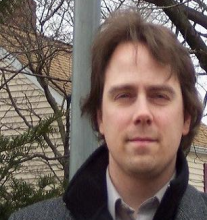
I have contributed to two distinct fields of computational social science. The first CSS field uses mathematical and computational models to understand the dynamics of social networks. This work explores our assumptions, identifies scope conditions, derives new hypotheses for empirical study, and ultimately aims to sharpen our intuitions on the dynamics of the social world. My related work has used simulation to investigate collective implications of communication biases in social networks, identified boundary conditions for the evolution of cooperative social norms, and explored the dynamics of polarization, factionalism, and extremism in social groups. The second CSS field collects and analyzes data on social interaction in networks. For example, I have worked with colleagues in Computer Science to develop methods for collecting social interaction data from recorded audio signals using wearable sensors and location-aware devices, and to apply these methods to study the dynamics of interaction in research teams. I worked on an interdisciplinary team to statistically model the local forces resulting in social segregation of friendships among adolescents in 59 high schools. My newest projects are a study of peer influence on health-related behaviors (diet and exercise) among adolescents in four urban middle schools and a study of the network dynamics of patient exchange among 31 Italian hospitals. The community in CSSI at UMass offers a promising arena for conversations between formal socio-behavioral theory and the new riches of socio-behavioral data.
